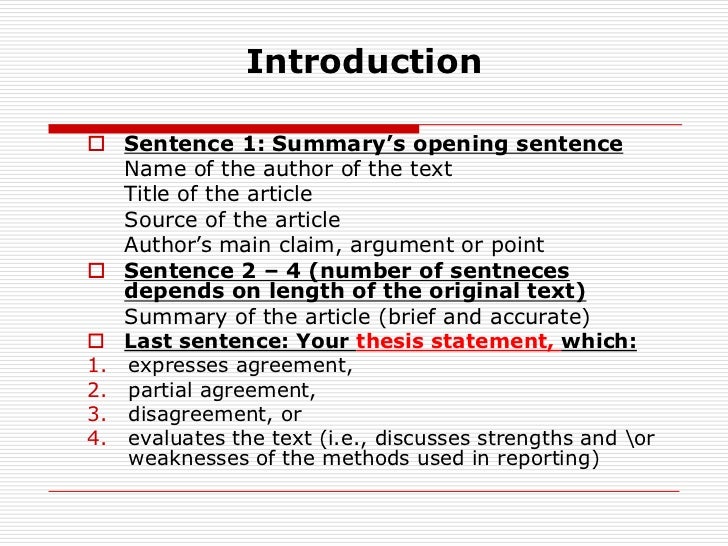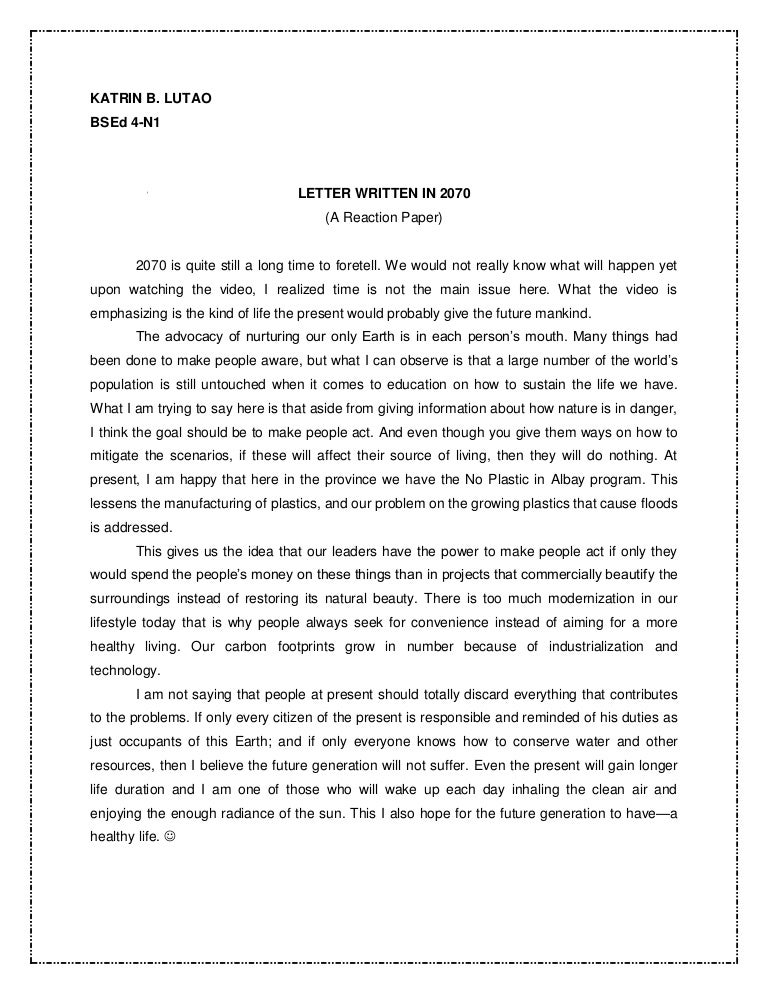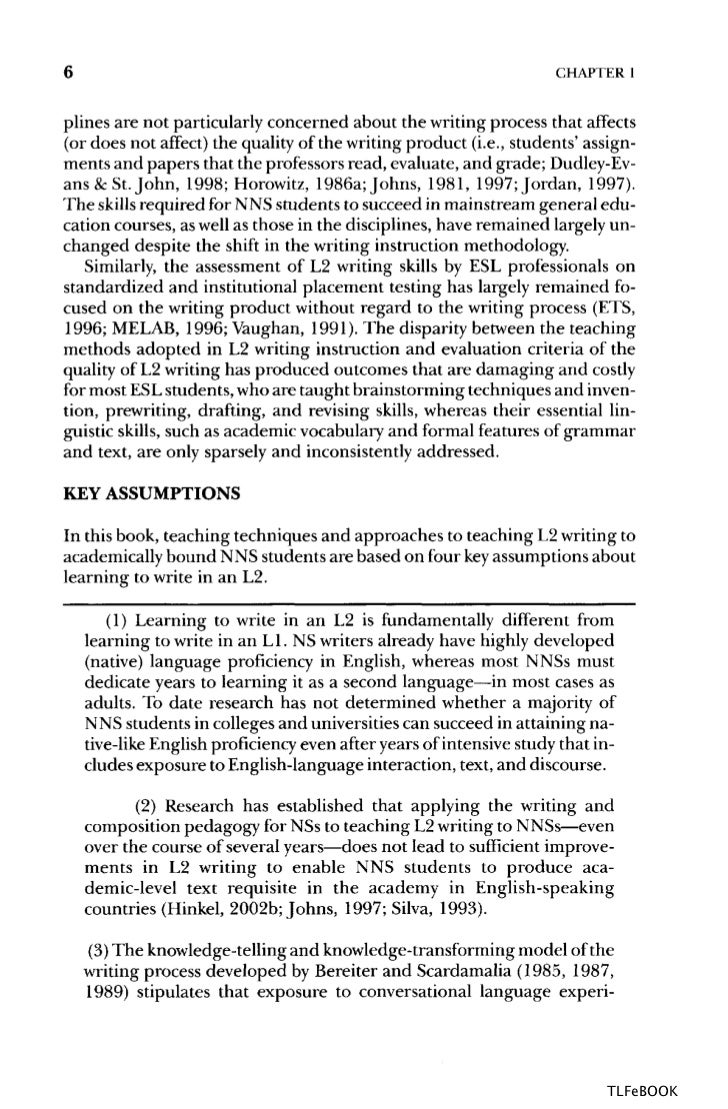How To Write A Reaction Paper On A Book
A reaction paper is a paper type that requires the students’ ability to present their reactions to the thoughts, ideas, stated in the scholarly source. This assignment is written according to complex expected standards that can differ from other writing styles. How to Write a Reaction Paper (with Pictures) - wikiHow May 14, 2015 When you write a response paper, you need to evaluate the text's For example, if you read a book in a Sociology of Gender Roles class, you Summary - Reaction Papers| Online Writing Center| SUNY Empire In many cases your instructor is expecting a particular kind of reaction, for example, a statement of whether you agree or disagree with the text and your reasons. For many students writing a reaction paper becomes a real headache, as it requires a combination of skills, including an ability to structure data. You need to spend hours at the library or reading various websites to find necessary information.
THE WRITING PROCESS Writing a Response or Reaction Paper Each semester, you will probably be asked by at least one instructor to read a book or an article (or watch a TV show or a film) and to write a paper recording your response or reaction to the material. In these reports—often referred to as response or reaction papers—your instructor will most likely expect you to do two things: summarize the material and detail your reaction to it. The following pages explain both parts of a report. PART 1: A SUMMARY OF THE WORK To develop the first part of a report, do the following: • Identify the author and title of the work and include in parentheses the publisher and publication date. For magazines, give the date of publication. • Write an informative summary of the material. • Condense the content of the work by highlighting its main points and key supporting points.
• Use direct quotations from the work to illustrate important ideas. • Summarize the material so that the reader gets a general sense of all key aspects of the original work. • Do not discuss in great detail any single aspect of the work, and do not neglect to mention other equally important points. • Also, keep the summary objective and factual.
Do not include in the first part of the paper your personal reaction to the work; your subjective impression will form the basis of the second part of your paper. PART 2: YOUR REACTION TO THE WORK To develop the second part of a report, do the following: • Focus on any or all of the following questions. Check with your instructor to see if s/he wants you to emphasize specific points. • How is the assigned work related to ideas and concerns discussed in the course for which you are preparing the paper? For example, what points made in the course textbook, class discussions, or lectures are treated more fully in the work?

• How is the work related to problems in our present-day world? • How is the material related to your life, experiences, feelings and ideas? For instance, what emotions did the work arouse in you? • Did the work increase your understanding of a particular issue? Did it change your perspective in any way?
• Evaluate the merit of the work: the importance of its points, its accuracy, completeness, organization, and so on. • You should also indicate here whether or not you would recommend the work to others, and why. POINTS OF CONSIDERATION WHEN WRITING THE REPORT Here are some important elements to consider as you prepare a report: • Apply the four basic standards of effective writing (unity, support, coherence, and clear, error-free sentences) when writing the report.
• Make sure each major paragraph presents and then develops a single main point. For example, in the sample report that follows, the first paragraph summarizes the book, and the three paragraphs that follow detail three separate reactions of the student writer to the book. The student then closes the report with a short concluding paragraph.
• Support any general points you make or attitudes you express with specific reasons and details. Statements such as 'I agree with many ideas in this article' or 'I found the book very interesting' are meaningless without specific evidence that shows why you feel as you do. Look at the sample report closely to see how the main point or topic sentence of each paragraph is developed by specific supporting evidence. • Organize your material.
Follow the basic plan of organization explained above: a summary of one or more paragraphs, a reaction of two or more paragraphs, and a conclusion. Also, use transitions to make the relationships among ideas in the paper clear.

• Edit the paper carefully for errors in grammar, mechanics, punctuation, word use, and spelling. • Cite paraphrased or quoted material from the book or article you are writing about, or from any other works, by using the appropriate documentation style. If you are unsure what documentation style is required or recommended, ask you instructor. • You may use quotations in the summary and reaction parts of the paper, but do not rely on them too much. Use them only to emphasize key ideas.


• Publishing information can be incorporated parenthetically or at the bottom of the page in a footnote. Consult with your instructor to determine what publishing information is necessary and where it should be placed. A SAMPLE RESPONSE OR REACTION PAPER Here is a report written by a student in an introductory psychology course. Look at the paper closely to see how it follows the guidelines for report writing described above. Part 1: Summary Part 1: Summary Topic sentence for summary paragraph A Report on Man's Search for Meaning Dr. Viktor Frankl's book Man's Search for Meaning (New York: Washington Square Press, 1966) is both an autobiographical account of his years as a prisoner in Nazi concentration camps and a presentation of his ideas about the meaning of life.
The three years of deprivation and suffering he spent at Auschwitz and other Nazi camps led to the development of his theory of Logotherapy, which, very briefly, states that the primary force in human beings is 'a striving to find a meaning in one's life' (154). Without a meaning in life, Frankl feels, we experience emptiness and loneliness that lead to apathy and despair. This need for meaning was demonstrated to Frankl time and again with both himself and other prisoners who were faced with the horrors of camp existence.